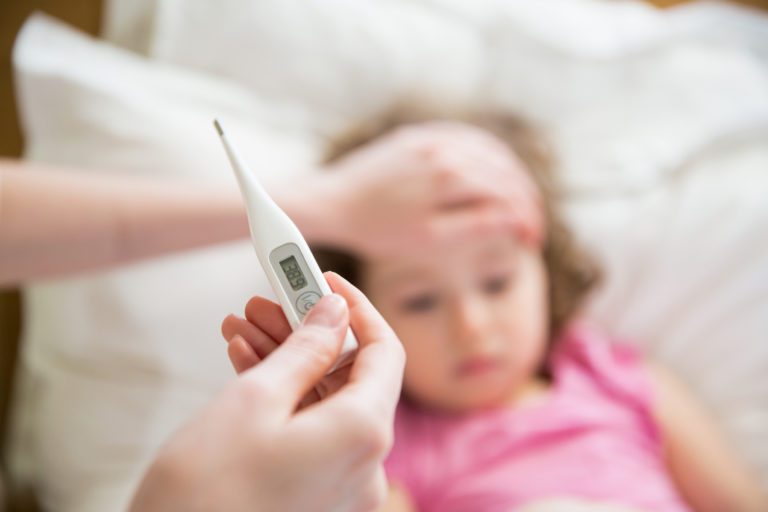UPDATE 2024 – Pseudoephedrine is a decongestant medicine taken orally to treat nasal and sinus congestion, while also relieving sinus pressure. It is now classified as a Pharmacist Only medicine. Meaning that it can be purchased after a consultation with a New Zealand registered pharmacists to determine if it’s appropriate for you.
Influenza (flu) and the common cold are often confused as they are both caused by contagious viruses that infect the respiratory system. As the winter ills and chills start spreading you may find yourself asking is it a cold or the flu? The flu is caused by the influenza virus, it has several strains that mutate and evolve over time. The common cold can be caused by more than 200 different viruses, with rhinoviruses being the most common. Because flu and the common cold have similar symptoms, they can be difficult to tell apart.
In general, the flu is worse than the common cold, with onset of symptoms being more rapid and the intensity is often more severe.
Symptoms of the common cold: Usually appearing one to three days after exposure to a virus, symptoms experienced are usually milder than the flu. Typically, people who have the common cold experience a runny or blocked nose, coughing, sneezing, sore throat, headache, and sometimes a fever. Colds are considered a minor ailment, and generally do not result in serious health problems.
Symptoms of Influenza (Flu): Flu symptoms may include fever or chills, body aches, cough, sore throat, runny or stuffy nose, body aches, headache, fatigue, and sometimes vomiting and diarrhoea. In some cases, the flu can have serious associated complications like pneumonia, especially for those with weakened immune systems, the elderly, and young children.

Direct Contact with Infected Individuals
Those inflected with the common cold or flu will often experience symptoms of coughing and sneezing. These symptoms are a common means of transmission. When an infected person coughs or sneezes, they spray small droplets of infected saliva and mucus into the air. Being in direct contact with these individuals may lead to inhalation of infected droplets leading to infection.
Touching Infected Surfaces
As sick people go about their day, they will inadvertently spread droplets, leaving the virus behind often on high touch surfaces such as doorknobs, handrails, light switches, or countertops. If another person touches the same surface they can be left with the virus on their hands, and then when they touch their nose mouth or eyes, they risk becoming inflected.
Seasonal Changes
You are more likely to catch a cold or the flu in winter. Colder temperatures and low humidity levels can dry out the mucous membranes in the nose and throat, which may hamper the nasal immune response – making you more susceptible to infection. People also spend more time indoors, where the virus can spread more easily via droplets or direct contact.
Health Navigator NZ lists the following tips to help lower the risk of getting sick:
If you do get sick with cold or flu, there is a range treatment options available. Resting, staying hydrated, and using a humidifier can help relieve symptoms. Over-the-counter medications can be used to help alleviate symptoms. There are nasal decongestant or saline sprays for blocked or runny noses. Sore throats can be helped with throat gargles, throat spray or anaesthetic lozenges. Cough lozenges and syrups can help provide relief from a variety of coughs. There is also a variety of over-the counter medicines for fever, aches and pains. For the flu, antiviral medications can be prescribed by a doctor to reduce the severity and duration of the illness.
As we head into the colder months it is important to practice good hygiene and a healthy lifestyle to lower your risk of catching the cold or flu. If you do get sick, there are over-the-counter treatment options available to manage the symptoms and make you more comfortable. If you experience severe symptoms or are unsure what to do always consult your healthcare professional for advice.